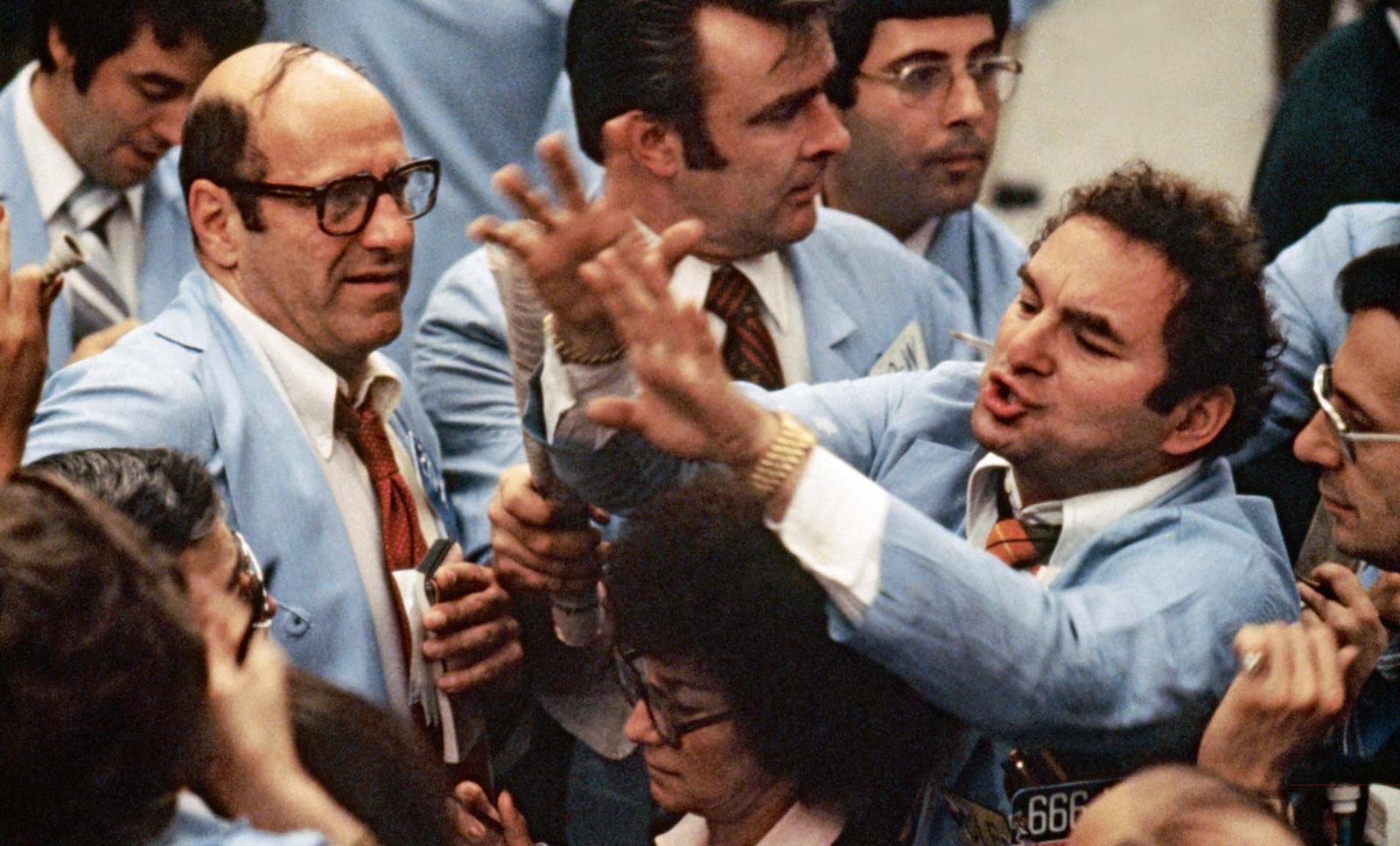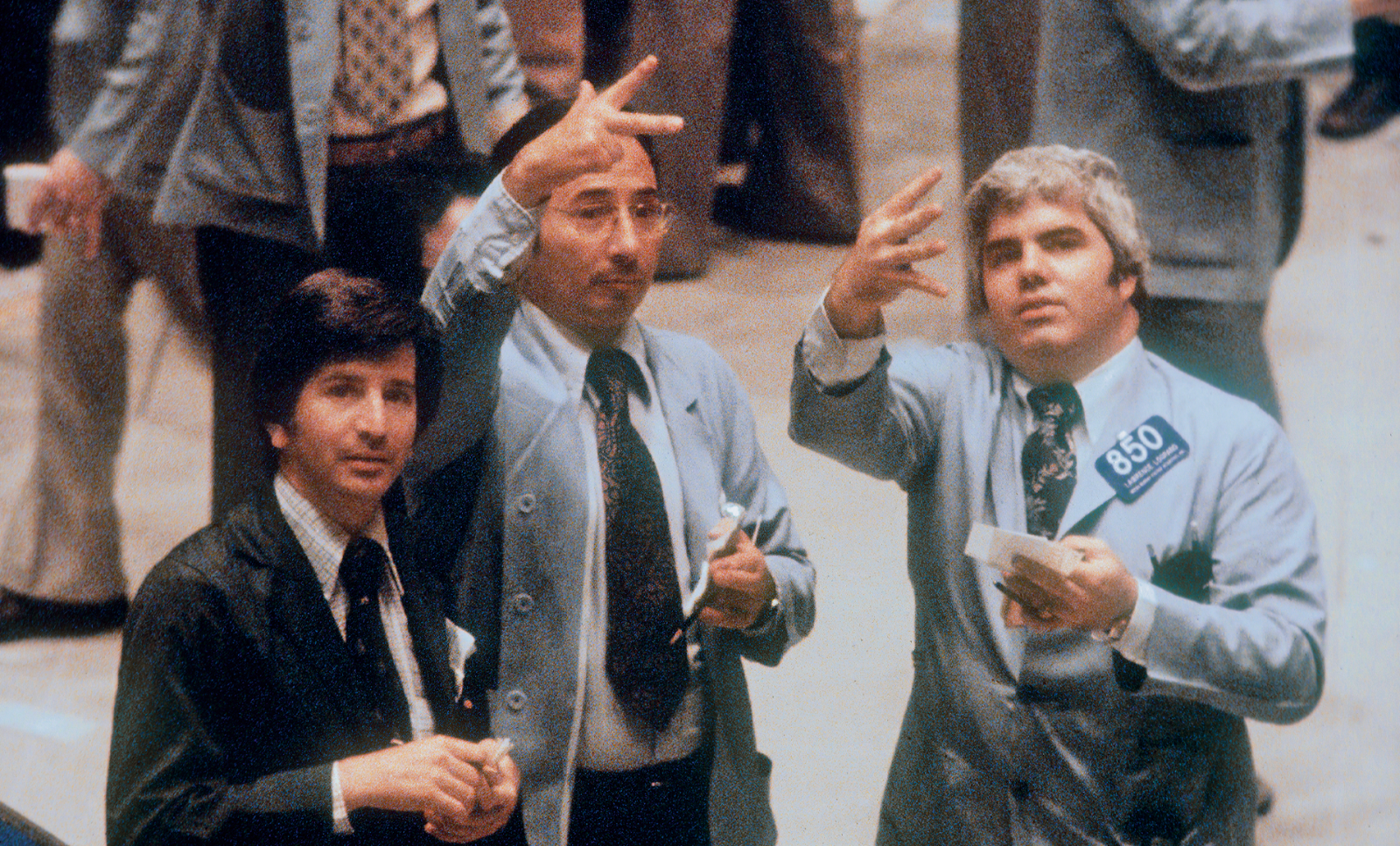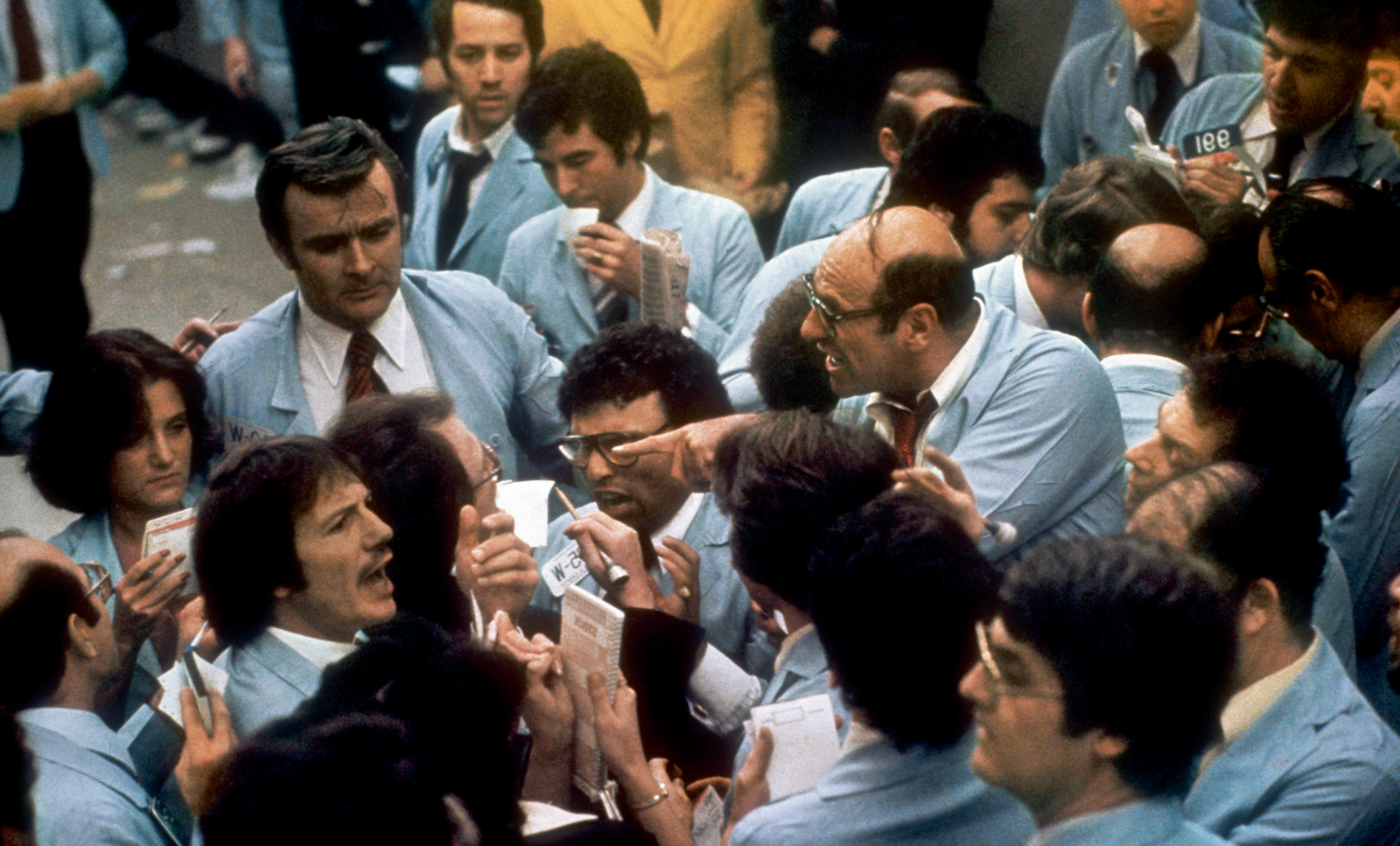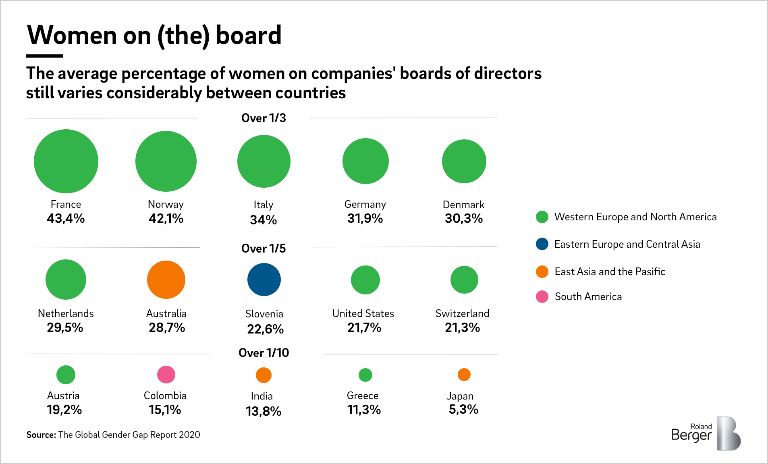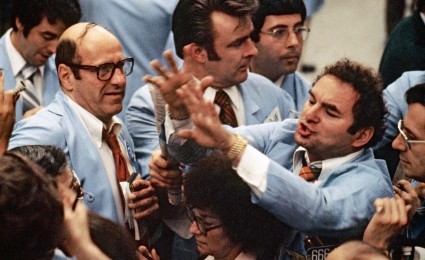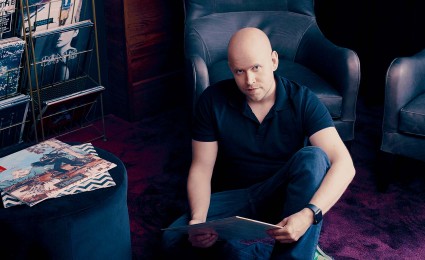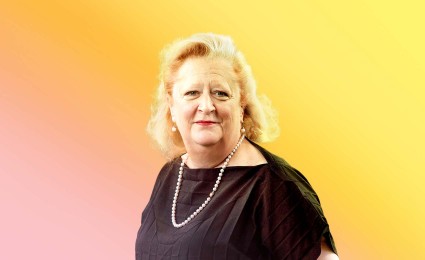" Gender bias isn't a conversation of men versus women – all people of all genders fall into gender traps. "


Think:Act Magazine “The Unknown”
Engaging white men in tackling gender bias

Think:Act Magazine
True gender equality can be achieved only if white men push for it
Dear white men, despite a broad consensus on gender equality, women still find it hard to establish their place as equal partners. You shaped our modern world of work and have enjoyed the advantages of your position – even if you're unaware of your privilege. Will you help to quicken the pace of change?
A diverse workforce is surely a force for good. It makes simple, common, commercial sense to imagine that a company that produces goods for both men and women would achieve more with a diverse workforce that reflects whom it serves. But despite this glaringly obvious point, the majority of companies are managed solely – or predominantly – by men. Women's participation in the workforce might have increased over the past decades, but they are still underrepresented.
And the higher you go up an organization, the more obvious the discrepancy becomes. If you want proof, just look at the figures. They show what common sense suggests and many studies have proven: Diverse teams make better decisions, are more innovative and provide a healthier work climate for all. Companies with gender-diverse leadership also outperform their less diverse peers in terms of revenues and returns on investment. But there is also an ethical dimension: It's about fairness and progress for all. As Leena Nair, Unilever's chief HR officer, poignantly states: "If half the population are being held back, how are we all going to move forward?"
Diversity and gender balance is not only good for business – it is the right thing to do. So how do we make change happen faster? A major problem is bias. "We know bias contributes to women being less likely to be hired and promoted. That affects organizations top to bottom," says Rachel Thomas, CEO of Lean In, a global community co-founded with Facebook COO Sheryl Sandberg dedicated to helping women achieve their ambitions. "Three-fourths of women in the workplace experience bias every day and it's even more acute if you are a woman of color, an LGQBT+ woman or a woman with disabilities. Yet only one in three employees, including managers, challenge bias when they see it."
73%: The increase in the ability of gender-diverse teams to make better business decisions.
Those who have been at the helm traditionally – white men – really need to be part of the solution: as leaders, advocates and partners. Why are they not stepping forward and what can be done to encourage them to play a part in making change happen? Part of the problem is down to a lack of awareness. Many in leadership positions are less mindful of the privileges they enjoy. Some see their own career and life as a template for success and cannot see that their view may be skewed. Then there are those who might be committed to change but are unclear about how to bring it about.
Add in that change can be daunting, and then sticking to conventional male norms may simply be the easier option. "In order to get organizations to the next level we need to get to the root causes. We need to identify the problems, but also why the problems are what they are," says Alixandra Pollack, vice president at Catalyst, a global non-profit organization working for gender equity. Pollack leads the program Men Advocating Real Change (MARC), which runs workshops that engage groups of men and women in dialogue with the aim of inspiring the men to become advocates for equity.
The workshops have uncovered one of the root causes that Pollack was keen to expose: gender conditioning. Ideas of what it means to be a girl or a boy in childhood translate into perceptions of gender in adulthood and these learned patterns overlap with our established leadership norms. The pervasiveness of white male privilege forms another powerful discussion in the workshops and recognizing how evident it is in everyday life, she says, is an eye opener.
$1.8 trillion: How much more firms with female CFOs generated in gross profit than their sector average, based on a 17-year study of 4.5 million professionals internationally.
Many men who have worked hard to get to where they are consider their success to be down to what they have earned rather than any privilege. The MARC workshops help them to understand that privilege is most often about all the issues they don't have to navigate at all in their working lives. Not having to worry about family or money problems, disability and prejudice, or responsibility for children and household chores puts a person at an advantage. The programs show that gaining a good understanding of one's own situation is vital in developing the empathy necessary for change. "Dissent is a critical part of the learning process," says Pollack. "We need to get these thoughts and questions to the surface. We can be sure that one person's thought is in fact shared by many others."
One issue hardly ever spoken out loud is the fear that women's gain will be men's loss. According to Catalyst's research, such zero-sum thinking is a major barrier. Men may also fear that they will lose face among peers – or in the eyes of a superior – if they address sexism or other inequalities in the workplace or themselves deviate from the well-established male norms and behaviors. These can never be easy conversations, but they need to take place in a safe and open space to make the next steps. "We equip people with the tools they need to act confidently. These tools are much needed: 80% of men are committed to interrupting sexism but only 31% report being confident in their ability to do so," says Pollack.

According to Elena Essig, co-author of the 2019 paper Re-thinking gender inequality in the workplace – a framework from the male perspective, understanding men's perspectives is the foundation for a solution. Her research revealed that there are very few studies examining the male perspective. "There seems to be a problem, but no one is talking about it," she says. She and co-author Richard Soparnot set out to shed light on this side of the equation as a means of pushing the argument further.
Essig and Soparnot discovered that the system, as it stands, does not work all that well for men either. In traditional male-dominated industries men suffer from competition, long working hours and burnout. They often find it difficult to get approval for parental leave or paternity leave, for example. Men who take on the caring role at home can also experience discrimination even from within their own families. This is not without consequences for women too – the less men are encouraged to take on the caring role, the more it falls to women, creating a double burden for those who also work outside the home and reinforcing the status quo of inequality.
The situation in female-dominated working areas emphasizes the problem. Men who want to become nurses might fear judgment by peers, parents and society and therefore choose other professions. It all helps cause the gender segregation in the professional world. "When we talk about gender equality most people think about women, after all women have been fighting for their rights for centuries, but gender equality also involves men. It should be seen as an entirety, not as different parts," says Essig.
Our study proved that when we take men into account when we talk about gender equity and equality, it actually helps women as well. If a father can work part time it opens more opportunities for his spouse. It comes down to sharing both responsibilities and opportunities within families and creating the policies and cultures within organizations so that women and men feel equally addressed, whether the topic is fast-track promotion or parental leave. "It's not only women who have to work on themselves to gain the self-esteem to ask for that raise, men also have to work on themselves to ask for leave to look after children," says Essig. "Many think they don't have the right. You can start to change this by creating a safe space where there is no need to self-censor."
Even if we're fully aware, how can we be sure decades of male domination haven't left their mark on our judgment, preferences and fears? "None of us think that we're racist, sexist or homophobic, and yet our black, indigenous and people of color colleagues, our female colleagues and our LGBT colleagues are feeling the least included. So, at some point, some of us must be unconsciously doing this," says Annabel Coxon, diversity and inclusion programme advisor at government agency New Zealand Trade and Enterprise.
Calls for equality in society and the workplace are getting louder, but what lingers below remains problematic. Men who think they make unbiased hiring decisions still choose men over women with identical skills. "A male colleague told me that he thought of himself as someone without gender bias. Yet he realized that he nearly chose a man over a woman for a role simply because the man felt like a 'better fit'," says Coxon. They had simply bonded over rugby during the interview.
Gender bias is a reality. And those who think themselves immune may well be the first to fall prey to it – also entire organizations. As Emilio J. Castilla and Stephen Bernard state in their 2010 article The Paradox of Meritocracy in Organizations, managers with explicitly meritocratic values tend to consider themselves impartial and are less likely to self-scrutinize. For Coxon, it's important to make clear that we are all susceptible. Avoiding blame takes some of the sting out of it so people are willing to open up, reflect and talk. "Bias affects all of us," says Thomas. "We have all been on the receiving end of a biased response to something that we have done or said, or a biased response given our identity.
When we talk about gender bias, this isn't a conversation of men versus women – all people of all genders fall into gender bias traps. "Talk is at the center of change, yet this is what typical male behavior prohibits. From early childhood on, males are told to tough it out. Men are trapped in a "man box," as Gary Barker, founder of Promundo, calls it. His organization promotes gender equality by engaging men and boys around the world. In a joint UK study with Unilever, it found that 47% of respondents had encountered the "tough it out" message. Many carry this into adulthood to meet expectations and fit into the system.
So, we need to talk: Substantially higher salaries and better representation in leadership positions suggest that men do not really have any motivation to engage in change. And the sluggish progress confirms it. But are men really happy with their assigned role in the workplace, family and society – or are they trapped too? Despite enjoying undeniable privilege and being equipped with everything that should make the average middle-class, middle-aged, white male situation a comfortable place to be, it appears that men are even unhappier than their female counterparts.
The World Health Organization reported suicide rates of males in high income countries are three times higher than females'. In the US, white males accounted for 70% of suicides in 2019. Most men today regard women as their equals. With a new generation entering the workforce and moving into managerial positions, improvement will continue – but men need to assess their attitudes toward themselves, for their own well-being. For women to achieve equality, men need to be liberated too. To break out of the "man box" and a world of work founded on masculine traits means reimagining a workplace that caters to the needs of all. "Bias holds back women, but it holds back men sometimes too," says Thomas. "We need to change the conversation when we're talking about gender bias and make sure it's clear that this is something that we're all impacted by. We all need to work together to be part of the solution."
Embracing the unknown
![{[downloads[language].preview]}](https://www.rolandberger.com/publications/publication_image/ta_34_001_en_cover_download_preview.jpg)
Nothing could have prepared us for the end of predictability. Think:Act magazine explores how we can plan for an uncertain future.


